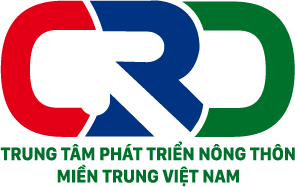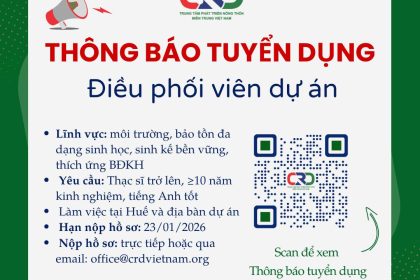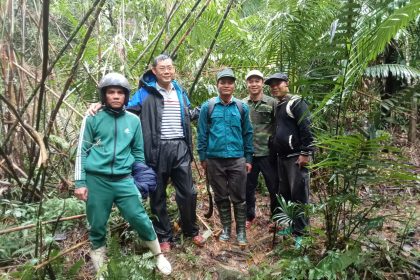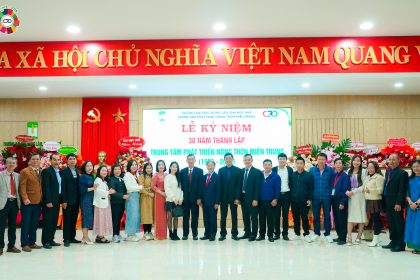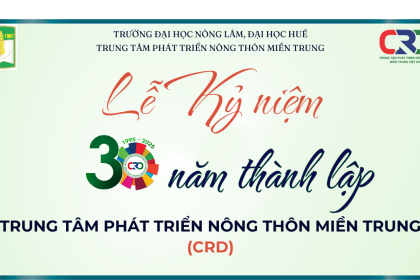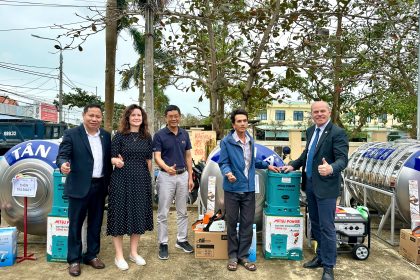- Version
- Download 66
- File Size 1.25 MB
- File Count 1
- Create Date 08/02/2023
- Last Updated 08/02/2023
To cite this article: Khanh Le Phi Ho, Rajendra Adhikari, Laurie Bonney, Do Dang Teo & Morgan
P Miles (2023): Applying the community capital framework for social entrepreneurial ecosystem
development: Vietnam’s One Commune One Product program, Community Development, DOI:
10.1080/15575330.2022.2163410
To link to this article: https://doi.org/10.1080/15575330.2022.2163410
A B S T R A C T
This study explores the efficacy of Vietnam’s One Commune, One Product (OCOP) program as a community development program. Participation in the OCOP program by rural enterprises resulted in increased stocks of community capital: (1) human capital through participation in training and workshops; (2) social capital through networking at OCOP workshops, training events, and trade fairs directly; and (3) financial capital due to enhanced livelihoods through domestic and exports sales of OCOP branded products. These social and economic outcomes result from the OCOP-enabled opportunities for participants to develop their business and entrepreneurial skills and access resources to build better livelihoods while developing their portfolio of community capital and enhancing their rural social and economic entrepreneurial ecosystem.
K E Y W O R D S
Social entrepreneurial ecosystem; community capital framework; rural entrepreneurship; One Village One Product (OVOP)
This study considers an emerging model of developing social entrepreneurial ecosystems based on Japan’s One Village One Product (OVOP) rural development framework by examining Vietnam’s One Commune One Product (OCOP) program. OCOP develops a rural social and economic entrepreneurial ecosystem by harnessing rural entrepreneurship to create “new combinations of place-based or localized rural resources that create value not solely for the entrepreneur but also for the rural place” Korsgaard et al. (2015, p. 13). This place-based rural entrepreneurship development framework enables local ventures to create and market branded products that reflect the community’s history, ethnic culture, and natural capital (Fujita, 2007).
A priority for many economies is to support the development of rural communities socially and economically. The OCOP program does this by building the rural entrepreneurial capacity of local enterprises to market value-added branded products that aim to ultimately transition from subsistence ventures to more opportunity-driven enterprises (Korsgaard et al., 2015; Morris et al., 2015). The OCOP program seeks to enhance a community’s natural, human, cultural, institutional, financial, built, and social capitals to develop the capacity of participants by offering unique value-added products.
This study adapts Flora, 2004 community capital framework (CCF) for its usefulness as an explanatory framework across a wide range of applications from rural water systems (Flora, 2004) and leadership development programs (Pigg et al., 2013), to understanding the relationships between business accelerators and their ecosystems (Bliemel et al., 2019), to community and economic development (Mueller et al., 2020). As Flora, 2004 and Emery and Flora (2006) found, the CCF is a parsimonious, practical tool for understanding local entrepreneurial ecosystems’ social and economic dimensions.
